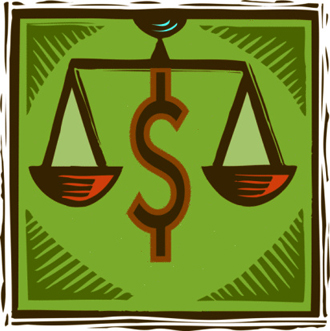Settlement marks end of first phase of BP trials
An out-of-court deal that BP struck with attorneys for more than 100,000 plaintiffs shows the company's willingness to move as quickly as possible to put the 2010 drilling disaster behind them, says Tulane law professor Ed Sherman.

BP's settlement with victims of the 2010 Gulf of Mexico oil disaster does not mean an end to the issue. U.S. District Judge Carl Barbier has to approve the settlement, and BP still faces stiff penalties from the government. (Illustration from Getty Images)
“There were strong incentives for BP to settle with individuals and businesses that were damaged by the spill,” says Sherman, whose field of research is complex litigation. “The facts are not good for them. In terms of their public image and public relations, they did not want this in the courts.”
The terms of the settlement announced on Friday (March 2) indicate that BP is trying to keep as much tarnish off its image as possible. Europe's largest oil producer is expected to pay almost $8 billion to victims of the oil spill. That would include those with health claims who were previously unable to ask for damages a provision hailed as a victory for plaintiffs.
The largest benefit for those damaged by the spill, Sherman says, will be greater transparency in the claims process. The settlement calls for supervision of the process to shift from Gulf Coast Claims Facility to the federal court.
“One of the problems with the BP claims process is there was very little exposure as to what criteria they were applying,” Sherman says. “There was a feeling that there was a good deal of subjectivity in the awards that were being made.”
The settlement still has to be approved by U.S. District Judge Carl Barbier, and could take months. Even when that is done, BP will still face stiff fines from the federal government under the Clean Water Act. Sherman estimates those fines will be around $17 billion, much of which could head to the Gulf Coast region.
“The government still has a significant claim against BP,” Sherman says. “There's legislation pending in Congress right now to devote at least 80 percent of those penalties to Gulf Coast restoration rather than going into the government coffers.”
